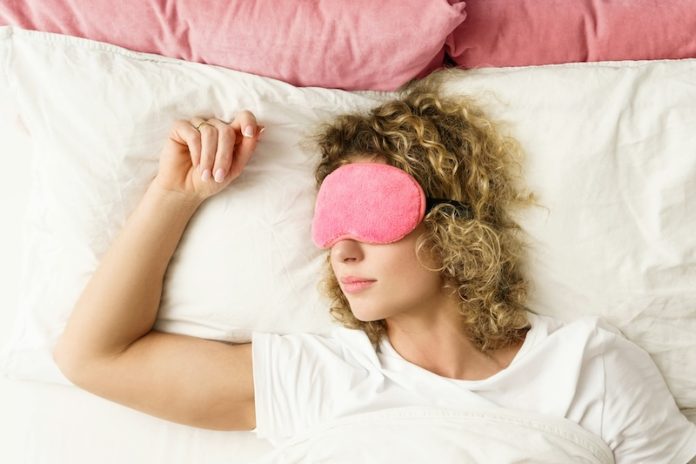
A new study has found that both too little and too much sleep may increase the risk of overactive bladder (OAB), a condition that causes a sudden urge to urinate and may lead to frequent urination or accidents.
The research, published in the journal Frontiers in Medicine, looked at how sleep duration and sleep problems affect bladder health in adults.
The study was done by researchers in China from the Eighth Clinical Medical College of Guangzhou University of Traditional Chinese Medicine.
They examined data from 27,302 adults who took part in the National Health and Nutrition Examination Survey (NHANES) between 2005 and 2018. This survey collects health and lifestyle information from a large sample of people in the United States.
The results showed a U-shaped relationship between how long people sleep and their risk of OAB. This means that both short and long sleep durations were linked to OAB, but in different ways.
People who slept six hours or less per night had a slightly lower risk of developing OAB compared to those who slept between six and nine hours. However, the researchers found that people who slept for nine hours or more had a much higher risk of OAB. In fact, their risk was more than twice as high.
The study also found that people who reported having sleep problems were more likely to have OAB. These individuals had a 46% higher chance of developing the condition, even after accounting for other factors like age, sex, and overall health.
The researchers used a statistical tool called “restricted cubic splines analysis” and found that six hours of sleep was a key turning point. Sleeping less than this amount didn’t seem to raise OAB risk much, but sleeping more than nine hours clearly did.
This study highlights the importance of balanced sleep. Getting too much sleep may be just as harmful to bladder health as not getting enough. It also shows that people who have trouble sleeping might be at higher risk for bladder issues.
The authors of the study suggest that improving sleep habits might help reduce OAB symptoms. This could include simple lifestyle changes like keeping a regular bedtime, avoiding screens before bed, and limiting caffeine or alcohol in the evening.
They also recommend bladder training, which involves practicing how to hold urine for longer periods and slowly increasing the time between bathroom visits.
Although the study doesn’t prove that sleep problems directly cause overactive bladder, it does show a strong connection between the two. More research is needed to better understand why this happens and how best to treat it.
For now, the message is clear: sleep plays an important role in many aspects of health, including bladder function. Finding the right balance—not too much and not too little—could be a helpful step for people concerned about urinary health.
If you care about heart health, please read studies about heart disease hidden and essential vitamins for heart health: a guide to a healthy heart.
For more about heart health, please read studies about the stuff in your mouth that can increase heart attack risk and statin alternative lowers risk of heart disease as well as cholesterol levels.
The study is published in Frontiers in Medicine.
Copyright © 2025 Knowridge Science Report. All rights reserved.



